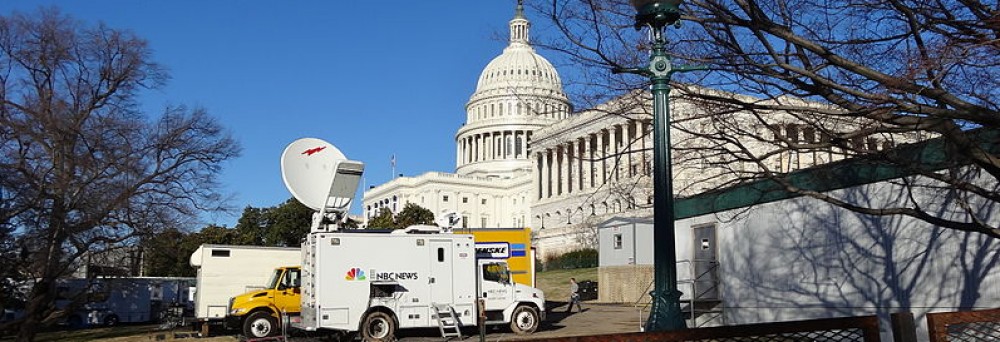By KATIE HOVAN
This week, President Obama made a monumental trip to Havana, Cuba, a sign that the diplomatic relation between the U.S. and Cuba is gradually stabilizing.
Obama is the first sitting president to visit Cuba in almost 90 years, according to The Miami Herald. Officials have also said Obama plans to be very candid with Cuban president Raúl Castro about his hopes for the future of the Cuban people.
In a further effort to improve relations, the Tampa Bay Rays also took the field alongside Cuban baseball players in an exhibition game on Tuesday. Cuban baseball players will now have the opportunity to continue their careers with the MLB.
Unfortunately, many Cubans and Cuban-Americans have anything but positive feelings toward the baseball exhibition and Obama’s historic visit, especially within the Miami and South Florida area.
In a beautifully penned open column in The Miami Herald, sportswriter Dan Le Batard, who is of Cuban descent and a UM School of Communication alum, shed some light on the background of the political situation that is unfolding.
“Obama and Jeter and ESPN head toward communism like it is another cruise port, so many symbols of Americana descending on a rotting island stuck in the 1950s, and it doesn’t feel quite right back in Miami, like watching a funeral morph into a party,” he writes. “The history of my own people feels like it is either being ignored or trampled here, and I’m not quite sure which of those feels worse,” Le Batard wrote.
Le Batard speaks on behalf of countless Cubans with his article as he explains just how strange it feels to watch the U.S. praise small actions that are doing so little to compensate for Cuban injustice.
“Fidel Castro outlived my grandparents. His regime continues to haunt my old-exile parents. My pain might be borrowed. But, damn, as that sting returns to my eyes, I can assure you that it is real,” he continued.
While President Obama’s visit to Cuba is an historic one, I must side with Le Batard in this battle of responsible reporting.
Prior to reading Le Batard’s article, I had not understood the extent of the political turmoil that uprooted so many Cuban citizens. He provides his family history and the challenges they themselves experienced in the face of communism, an unlikely opinion with slim chances of survival amidst the conventional news stories.
With this new progress in the U.S.-Cuba relation, it’s even more important for the mainstream media to educate people on the history of the situation and the major changes that still need to be made in Cuba before any justified celebrations can take place.
